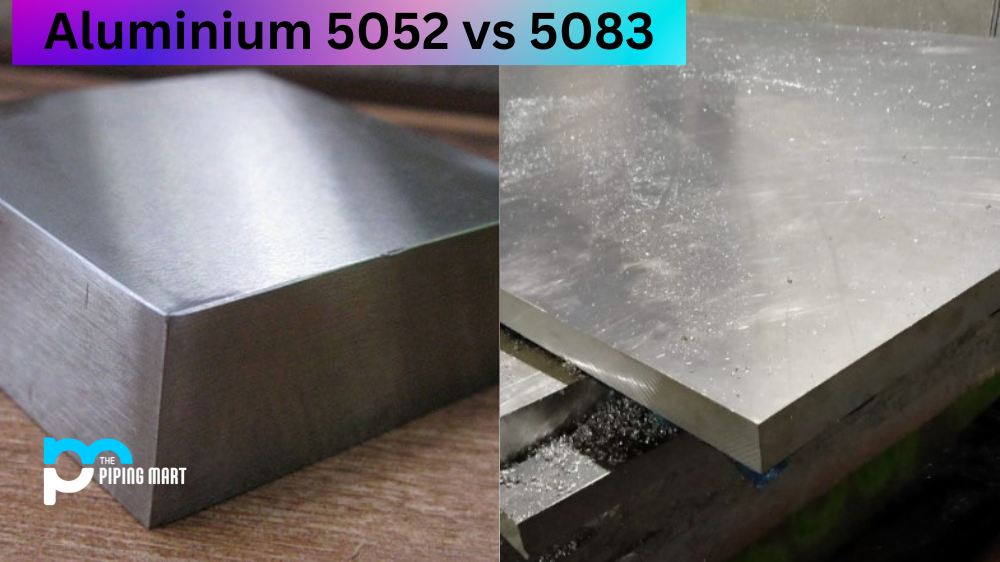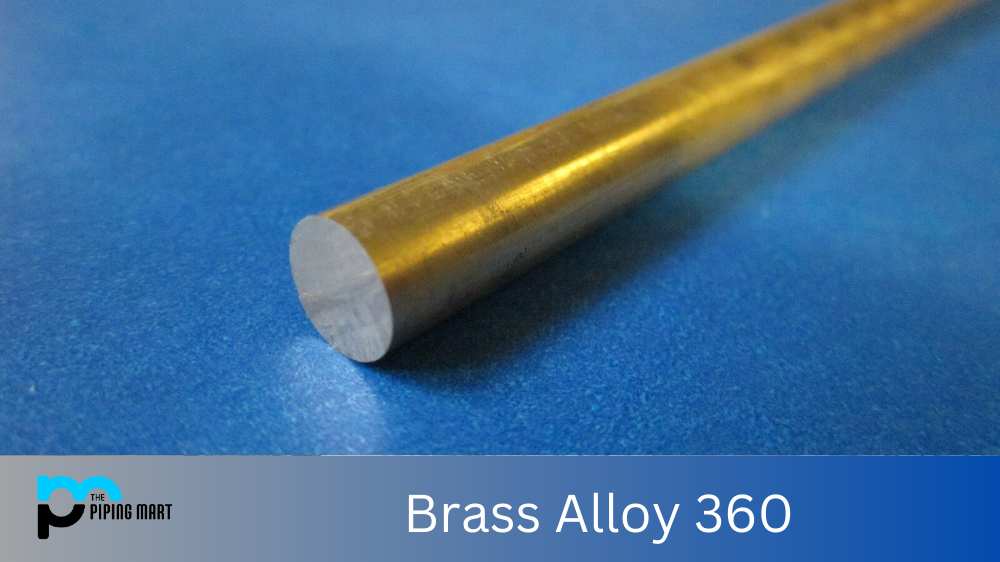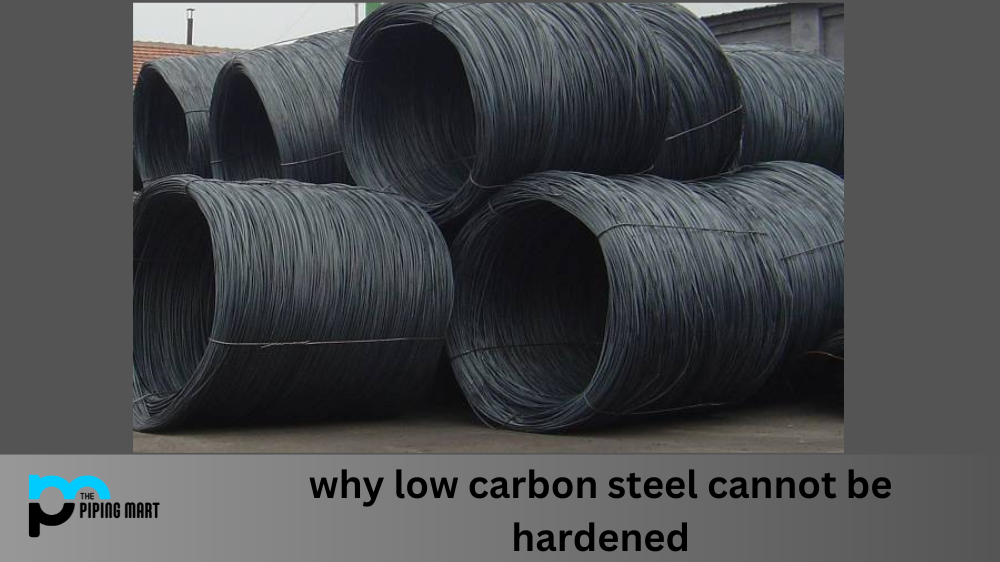When it comes to construction, steel and brass are two popular materials that can be used for a variety of applications. Both have unique characteristics that make them suitable for use in different projects, but which is better? Let’s examine each material’s benefits to determine which is right for your project.
Steel:
Steel is strong, durable, and highly resistant to corrosion. It is also easy to work with, making it ideal for many construction projects. Additionally, steel can be recycled or reused without losing strength or durability. This makes it an environmentally friendly choice when compared to other materials.
Steel may require more maintenance than some other materials because it can rust if exposed to moisture or salt water over time. However, this problem can easily be avoided by coating the steel with a protective layer such as paint or powder.
Brass:
Brass is another popular material used in construction projects due to its high corrosion resistance and attractive golden color. Unlike steel, brass does not require any maintenance since it will not rust or corrode when exposed to moisture or salt water. Additionally, brass has good thermal properties, which make it useful in applications where heat needs to be transferred efficiently from one place to another. Brass is also malleable and easy to work with, so it can be used for intricate designs and decorative elements in architectural projects.
Difference Between Steel and Brass
Metals
Steel and brass are both metals, but they are different types of metals. Steel is an alloy of iron and carbon, while brass is an alloy of copper and zinc.
Properties
Because they are made of different metals, steel and brass, they have different properties. Steel is harder than brass, but brass is more ductile, meaning it can be easily formed into shapes.
Uses
Because of their different properties, steel and brass are used for different things. Steel is often used in construction because of its strength, while brass is often used in musical instruments because of its ability to produce a clear tone.
Prices
Steel and brass also have different prices. Steel is typically more expensive than brass because it is more difficult to produce. However, the price of brass has been increasing in recent years due to a shortage of copper.
Colors
Steel and brass also have different colors. Steel is typically a gray color, while brass is typically a yellowish color.
Conclusion:
Whether you choose steel or brass for your construction project depends on the specific requirements of your project and budget constraints. Both metals offer excellent benefits when used correctly; however, one may be better suited, depending on what you need it for. With proper research and analysis, you can decide which material best suits your particular application and budget needs while providing optimal performance over time.

A passionate metal industry expert and blogger. With over 5 years of experience in the field, Palak brings a wealth of knowledge and insight to her writing. Whether discussing the latest trends in the metal industry or sharing tips, she is dedicated to helping others succeed in the metal industry.




